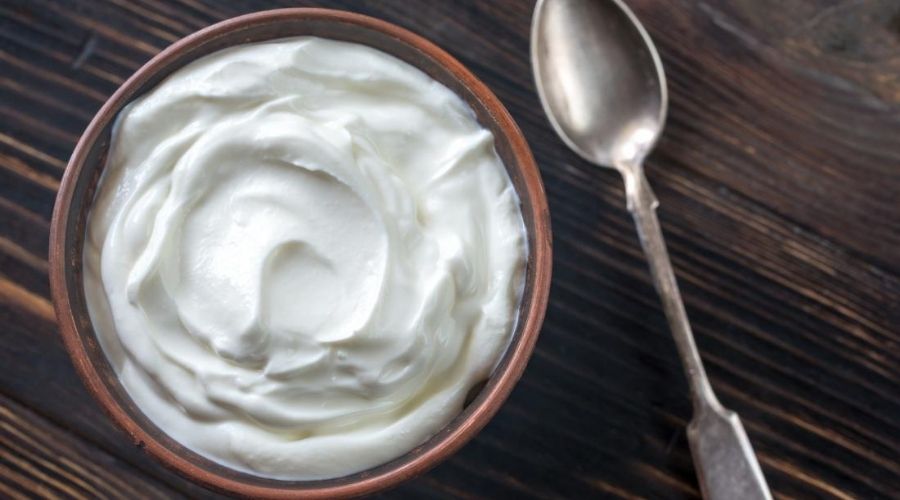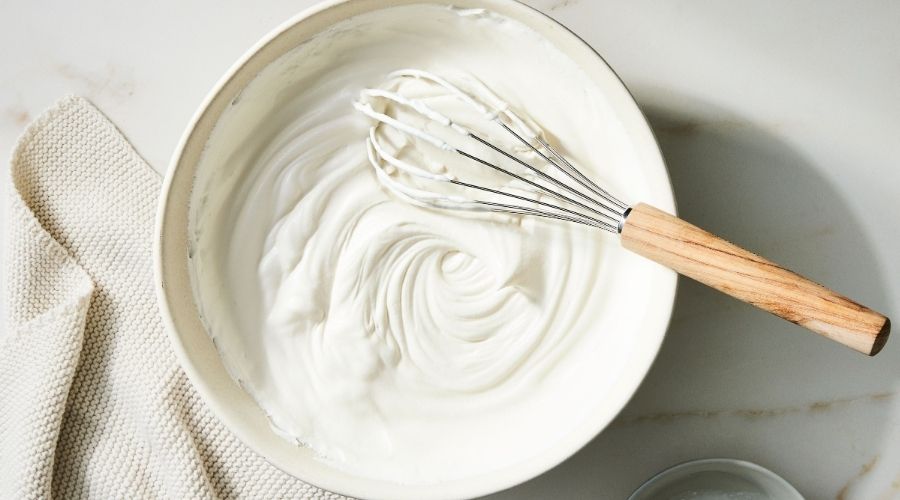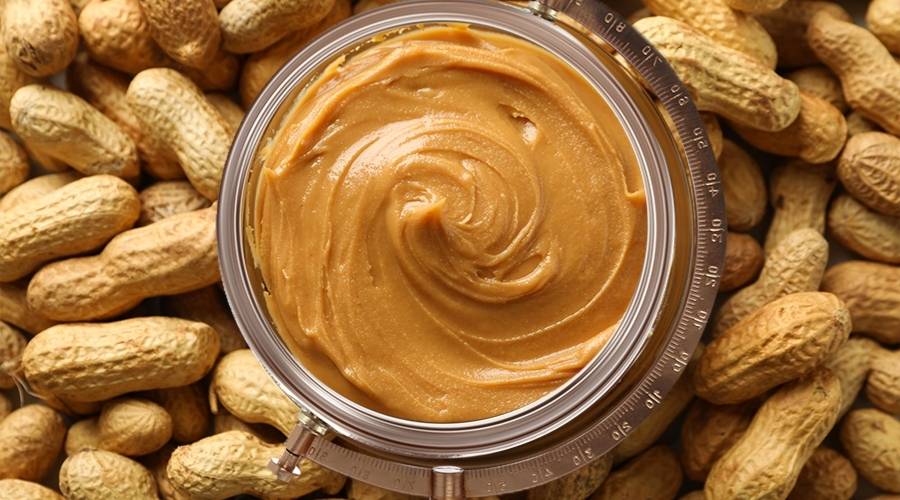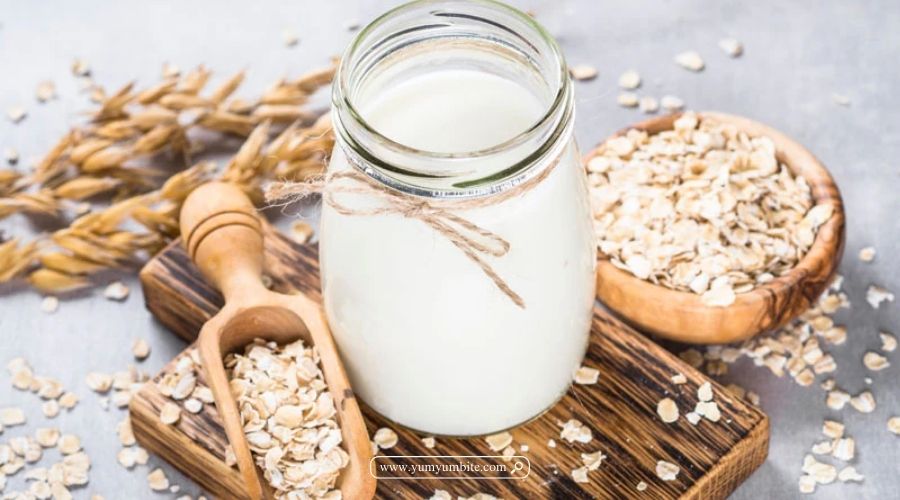When preparing a flavorful curry, coconut milk often plays a crucial role, providing a rich, creamy texture and a subtle sweetness that complements a variety of spices.
However, whether due to dietary restrictions, allergies, or simply a desire to experiment with different flavors, finding the perfect substitute for coconut milk can be essential.
Fortunately, there are over a dozen excellent alternatives that can deliver similar creaminess and depth. From nut-based options to dairy-free solutions, these 12+ curry coconut milk substitutes will help you maintain the deliciousness of your curry while accommodating your needs.
In this guide, we’ll explore various substitutes, each offering unique benefits and flavor profiles to enhance your curry recipes.
12+ Best Substitutes for Coconut Milk in Curry Recipes
Finding the right substitute for coconut milk can transform your curry experience, offering both versatility and accommodating dietary needs.
Whether you’re looking for a nutty flavor, a creamy texture, or a low-fat option, these 12+ substitutes provide a range of choices to suit any palate.
By experimenting with different ingredients like almond milk, cashew cream, or even silken tofu, you can create a curry that is just as satisfying and flavorful as the original.
Almond Milk with Coconut Extract
Almond milk can be a great coconut milk substitute in curry, especially when combined with coconut extract to mimic the coconut flavor.
Almond milk offers a mild, nutty flavor, and is much lower in fat than coconut milk, making it a lighter option for those looking to reduce calories.
When using almond milk in curry, add a teaspoon of coconut extract to get that signature tropical taste without the extra fat.
The downside is that almond milk lacks the creaminess of coconut milk, so it might not give the same rich texture to the curry. This substitute works best in lighter, less creamy curries, such as Thai green curry or vegetable-based dishes.
Soy Milk with Coconut Oil
Soy milk combined with a bit of coconut oil is a useful substitute for coconut milk in curry recipes. Soy milk is a protein-rich, plant-based option that adds a neutral flavor to the dish, while coconut oil gives that hint of coconut richness.
This combination is ideal if you’re looking for a dairy-free, high-protein alternative that also delivers a touch of coconut flavor.
However, soy milk tends to be thinner, so adding a tablespoon of coconut oil can help improve the texture. This substitute is best for heartier curries like Thai red curry or Indian masala dishes.
Greek Yogurt

Greek yogurt is a thick, creamy substitute for coconut milk that can be used in curry to add richness and tang.
It’s higher in protein and has a much thicker consistency than coconut milk, making it a great option for curries that require a creamy base, like tikka masala or curry sauces with chicken.
The tangy flavor of yogurt can complement many curry spices, though it won’t provide the signature coconut taste.
It’s also essential to use full-fat Greek yogurt for the best results, as low-fat versions may curdle during cooking. This substitute works best in Indian curries rather than Thai or Southeast Asian dishes.
Also Read: 12+ Delicious Celery Seasoning Substitutes for Every Recipe
Cashew Cream
Cashew cream is an excellent substitute for coconut milk in curries, providing a rich, creamy texture that closely resembles coconut milk.
To make cashew cream, soak raw cashews in water for a few hours and blend them until smooth.
The result is a luxurious cream that adds thickness and richness to your curry. While cashew cream doesn’t have the coconut flavor, it works well in curries where the creaminess is key, such as korma or butter chicken. Be cautious if you’re serving people with nut allergies, as cashew cream could trigger allergic reactions.
Oat Milk with Coconut Oil
Oat milk is a fantastic substitute for coconut milk in curry, especially when paired with coconut oil to achieve a creamy consistency.
Oat milk has a neutral, slightly sweet flavor that blends well with the spices in curries, while coconut oil provides the richness that’s typically missing in other milk substitutes.
Adding a tablespoon of coconut oil to oat milk helps mimic the creamy texture of coconut milk, making it a good choice for curries like Thai yellow curry or vegan curry dishes.
However, oat milk is thinner than coconut milk, so the consistency won’t be as rich unless you adjust the oil quantity.
This option is also ideal for those with nut allergies but should be avoided by those on gluten-free diets unless you use certified gluten-free oat milk.
Heavy Cream with Coconut Extract

Heavy cream can be used as a coconut milk substitute in curry when you’re looking for an ultra-rich, creamy texture. Although it lacks the tropical flavor of coconut milk, adding a bit of coconut extract to heavy cream can replicate the taste.
Heavy cream works exceptionally well in creamy curries like korma or butter chicken, where the richness of the sauce is a key element.
Be cautious of the high-fat content, as it can make the dish heavier than traditional coconut milk.
This option is ideal for those who aren’t concerned about dairy but want to achieve a similar creaminess in their curry.
Rice Milk with Coconut Butter
Rice milk is a light and neutral substitute for coconut milk, and when combined with coconut butter, it adds a hint of coconut flavor and a richer texture.
Rice milk is naturally thin and slightly sweet, so it works best in lighter curries or recipes where the coconut flavor is more subtle, such as Thai green curry.
Coconut butter, made from pureed coconut flesh, can enhance the flavor and thickness, giving your curry a creamy finish.
This substitute is perfect for people with nut or soy allergies, but be mindful of the thinner consistency if you’re making a thicker, cream-based curry.
Also Read: 8+ Flavorful Italian Seasoning Substitutes You Can Make at Home!
Silken Tofu
Silken tofu is a great substitute for coconut milk in curry, especially for those seeking a high-protein, dairy-free alternative.
Blended silken tofu becomes smooth and creamy, offering a texture that closely resembles coconut milk.
It has a neutral flavor, allowing the spices in the curry to shine without overpowering the dish. This substitute is ideal for thicker, heartier curries like Indian masala or vegan curries.
The main caution with silken tofu is that it doesn’t add the same tropical sweetness as coconut milk, so consider adding a small amount of coconut oil or sugar if you want to maintain the coconut flavor.
Coconut Water with a Thickener (Cornstarch or Arrowroot)
Coconut water, while not as rich as coconut milk, can be a good substitute in curry when combined with a thickener like cornstarch or arrowroot powder.
Coconut water provides a subtle coconut flavor but lacks the creamy texture of coconut milk.
To create a thicker consistency, you can mix a tablespoon of cornstarch or arrowroot with the coconut water before adding it to the curry.
This substitute works well in lighter curries like Thai green curry or seafood-based curries, where a thinner sauce is acceptable.
Be cautious, as the coconut water will not provide the same richness, but it does offer a hydrating and low-calorie alternative for health-conscious cooks.
Peanut Butter with Water or Vegetable Broth

Peanut butter, when thinned with water or vegetable broth, can create a rich and flavorful coconut milk substitute in certain curry dishes.
Peanut butter brings a nutty depth to curries, especially in African and Southeast Asian cuisines, where peanuts are often used as a thickening agent.
This substitute is ideal for hearty curries like peanut curry or chicken satay curry, adding creaminess and protein to the dish.
Be cautious of the strong peanut flavor, which may not work in lighter curries or those where coconut flavor is key. Also, watch out for potential peanut allergies when serving guests.
Tahini with Water
Tahini, made from ground sesame seeds, can be thinned with water to create a creamy, rich alternative to coconut milk in curry.
It adds a nutty flavor that complements bold spices, making it perfect for Middle Eastern-inspired curries or those that call for a savory richness, like a spiced chickpea curry.
Tahini is high in healthy fats and has a smooth, creamy texture similar to coconut milk.
However, its distinct flavor can overpower more delicate curry recipes, so it’s best suited for robust, earthy curries. Be mindful of sesame allergies when using this substitute in your dishes.
Pumpkin Puree
Pumpkin puree may sound unusual, but it can work as a coconut milk substitute in curry, especially in fall-inspired or sweet-savory curries.
Pumpkin puree adds a velvety, creamy texture and natural sweetness, which complements many spices used in curry.
This works particularly well in curries like pumpkin curry or squash-based dishes, where the richness of the puree mimics the texture of coconut milk.
While pumpkin lacks the coconut flavor, its smooth consistency makes it a fitting replacement in dishes that call for a creamy base.
Be cautious not to use it in curries that rely heavily on the tropical taste of coconut, as the flavor profiles may clash.
Also Read: 12+ Flavorful Chicken Seasoning Substitutes for Every Kitchen!
Homemade Curry Coconut Milk Substitute Recipe
Creating a homemade curry coconut milk substitute allows you to tailor the flavors and textures to suit your specific needs. This recipe combines easy-to-find ingredients to mimic the creamy richness of coconut milk, offering a versatile alternative for your curries.
Whether you’re avoiding dairy, looking for a lower-fat option, or simply want to experiment with different flavors, this homemade substitute delivers the right consistency and taste.
By preparing this at home, you avoid added preservatives and can adjust the flavor profile to match your curry recipes perfectly.
Ingredients:
- 1 cup unsweetened almond milk (or other plant-based milk of your choice)
- 2 tablespoons coconut oil (for coconut flavor and richness)
- 1 tablespoon cornstarch or arrowroot powder (for thickening)
- 1 teaspoon vanilla extract (optional, for a hint of sweetness)
- Pinch of salt (to taste)
Instructions:
- Heat the Almond Milk: In a medium saucepan, heat the almond milk over medium heat until it’s warm but not boiling. This helps to prepare the milk for the thickening process.
- Mix the Thickener: In a small bowl, combine the cornstarch or arrowroot powder with 2 tablespoons of cold water to create a smooth slurry. This step ensures that the thickener is well-dissolved and will prevent clumps in the mixture.
- Combine Ingredients: Slowly whisk the cornstarch slurry into the warm almond milk. Continue to whisk constantly to ensure an even distribution of the thickening agent.
- Add Coconut Oil: Add the coconut oil to the saucepan. Whisk continuously until the mixture starts to thicken and reach a creamy consistency. The coconut oil imparts a subtle coconut flavor and richness similar to that of coconut milk.
- Adjust Flavor: If desired, add the vanilla extract and a pinch of salt to the mixture. Stir well and taste, adjusting the seasoning as needed. The vanilla adds a hint of sweetness, while the salt enhances the overall flavor.
- Simmer and Cool: Allow the mixture to simmer gently for 2-3 minutes, stirring frequently, until it has thickened to your liking. Remove from heat and let it cool slightly before using.
This homemade curry coconut milk substitute provides a flavorful and creamy alternative to traditional coconut milk, making it a great addition to your curry recipes.
By using unsweetened almond milk combined with coconut oil and a thickening agent, you achieve a rich texture and subtle coconut flavor that complements a variety of dishes.
This recipe is particularly useful for those looking for a lower-fat or dairy-free option, and the flexibility allows you to adjust the flavors to suit different types of curries.
Whether you’re preparing a vegan curry or simply seeking a change from the usual, this substitute offers a wholesome and customizable solution.
Enjoy the satisfaction of a homemade ingredient that enhances your cooking and meets your dietary preferences.
What can I use as a substitute for coconut milk in curry?
There are several effective substitutes for coconut milk in curry, depending on your dietary needs and flavor preferences. Almond milk combined with coconut oil, cashew cream, or oat milk with coconut extract can mimic the richness and flavor of coconut milk.
For a creamy texture, try using Greek yogurt or silken tofu. Each option brings its own unique taste and texture, so choose based on the flavor profile and consistency you desire for your curry.
Can I use dairy milk instead of coconut milk in curry?
Yes, you can use dairy milk as a substitute for coconut milk in curry. However, dairy milk lacks the rich, creamy texture and distinctive flavor of coconut milk. To replicate the creaminess, you might want to add a bit of butter or heavy cream.
For a closer match, consider using full-fat dairy milk or a combination of dairy milk and a thickening agent like cornstarch. Keep in mind that this will alter the flavor and may not work well in recipes that rely on the unique taste of coconut.
How do I make a low-fat coconut milk substitute for curry?
For a low-fat coconut milk substitute, consider using almond milk or oat milk with added coconut oil to provide a hint of coconut flavor. You can also use a combination of cashew cream and coconut extract for a rich, creamy texture without the high fat content of coconut milk.
These alternatives offer a lower-fat option while still delivering a satisfying texture and flavor profile for your curry.
Can I use non-dairy milk alternatives in curry recipes?
Yes, non-dairy milk alternatives like almond milk, oat milk, and soy milk can be used in curry recipes. To achieve a similar consistency to coconut milk, you may need to adjust the thickness by adding a thickening agent such as cornstarch or arrowroot powder.
Non-dairy milks are a great option for those with lactose intolerance, dairy allergies, or vegan diets, but keep in mind that the flavor and creaminess might differ from coconut milk.
How can I achieve a creamy texture without using coconut milk in curry?
To achieve a creamy texture without using coconut milk, you can use several alternatives. Cashew cream, made from blended soaked cashews, offers a rich, creamy consistency. Silken tofu blended until smooth can also provide a similar texture.
Adding coconut oil or a thickening agent like cornstarch to non-dairy milk options, such as almond or oat milk, can help mimic the creaminess of coconut milk. Experiment with these substitutes to find the right balance of texture and flavor for your curry.
References
- https://www.reddit.com/r/Cooking/comments/vvgogu/a_good_substitute_for_coconut_milk_in_curry/
- https://www.acouplecooks.com/substitutes-for-coconut-milk-in-curry/
- https://www.nigella.com/ask/replacement-for-coconut-milk-in-curry
- https://greatist.com/eat/substitutes-for-coconut-milk
- https://mekhalaliving.com/4-calorie-cutting-coconut-milk-substitutes-for-curries/


